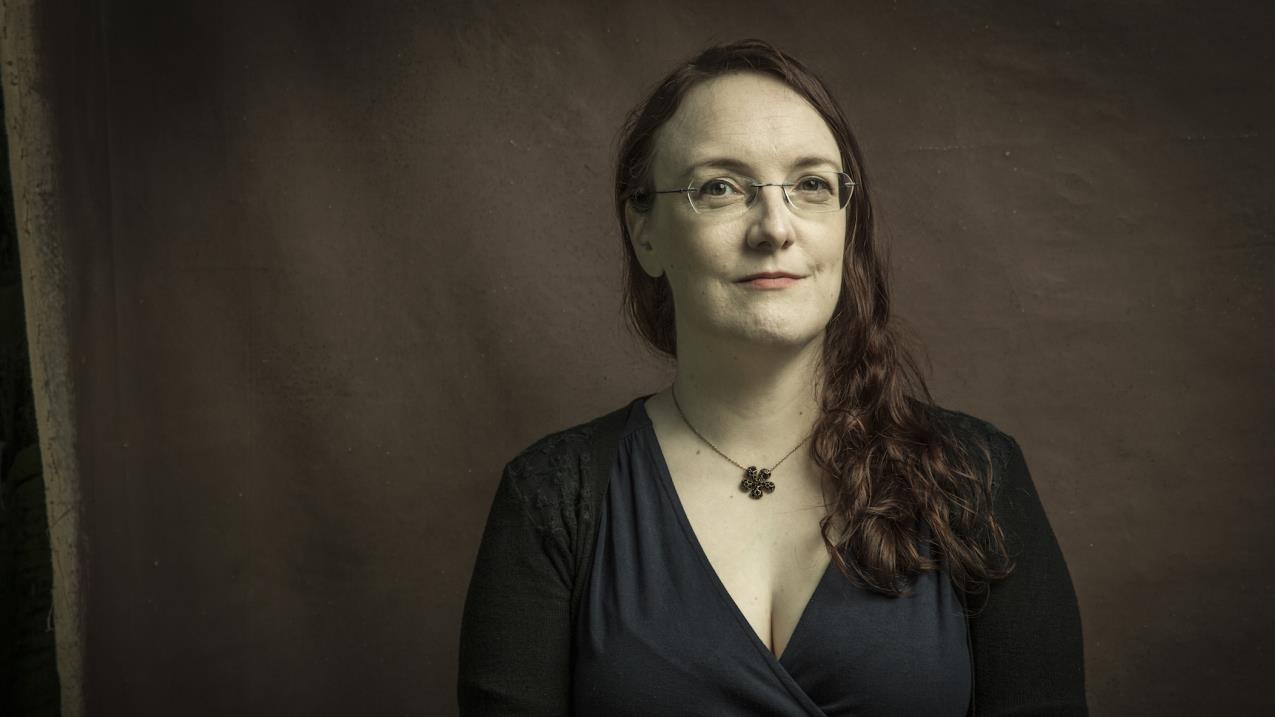
What a difference a few short years makes! I’d only ever been to one literary festival before I was published, and that was because a friend had a spare ticket. I thought that literary festivals weren’t for me. Not in terms of personal preference — in terms of personal preference literary festivals were absolutely for me — but rather that they weren’t for the likes of me. I don’t know why I thought this. I had seen no signs outside literary festival grounds that said No Plebeians Admitted, and it wasn’t as if tickets were allocated only to those who could ask tricksy questions or recite the entire text of Ulysses. I wonder now if it was more a self-imposed class martyrdom than a fear of persecution: if I told myself that literary festivals were middle-class or academic spaces then I would have something to blame if I didn’t make it as a writer. It can be surprisingly convenient (even, paradoxically, comforting) to tell yourself that you don’t belong.
Well, that’s just my own eccentricity. I did make it as a writer, and I’ve realised there were a lot of literary spaces I was more than welcome to, only I was too much of a feckless eejit to jump in. I find literary festivals now to be a great source of inspiration. Whether as a speaker or attendee, I almost always come away from events buzzing with ideas, not just in terms of story subjects but in terms of technique or motivation.
We ask ourselves an important question in 2018: how do we encourage diversity of voice in publishing? How do we provide opportunities for writers of colour, writers from working-class backgrounds, writers with disabilities, LGBT+ writers? There’s much to do, but I wish I had taken that small, but personally significant step years ago, and thought of myself as belonging at literary celebrations: festivals, book launches, readings, open mics. When we ask questions about diversity in publishing, we are demanding access to those spaces we once thought closed off. That cheers me. It’s no small coincidence one theme in my second novel — The Blood Miracles — is of finding a way back to art . . . without waiting for an invitation.